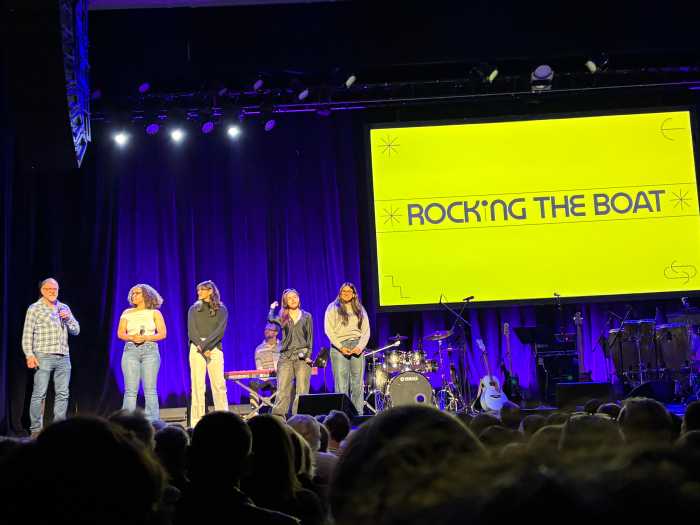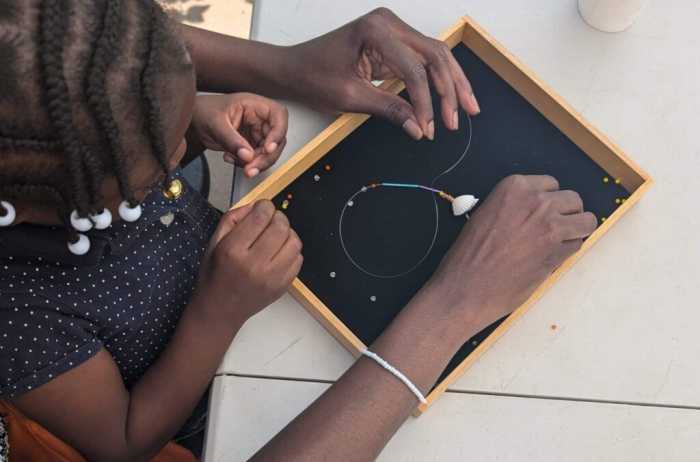You may have seen CNN’s recent special report on antisemitism in America which featured campus antisemitism alongside the tragically more familiar street violence, synagogue shootings and right-wing extremism.
Having witnessed this type of behavior first-hand at my son’s Quaker school a decade ago, where he was discriminated against just for supporting Israel’s right to exist, it was gratifying to find that more attention is now being paid to conduct which crosses the line from free speech to bullying, harassment, erasure of Jewish identity and violations of Jewish students’ civil rights.
The Anti-Defamation League’s CEO, Jonathan Greenblatt, describes this form of antisemitism as being “like climate change, slowly but surely, the temperature is rising. Some people deny it, then some people say we can adapt to it, but suddenly it reaches the point, the temperatures become so inhospitable that people can no longer live there.”
Determined to understand and expose the extent of this problem and its far-reaching implications both for the Jewish community and the country at-large, I have devoted a great deal of time and effort to connecting with a cohort of determined lawyers, public officials and other activists who has emerged to support the courageous students speaking out and standing up against this hatred. Some victories have been achieved, and positive momentum is building, but there is a long way to go and my efforts continue.
The CNN report’s segment on campus antisemitism featured a SUNY New Paltz student who co-founded a campus support group for sexual assault victims, but who was later kicked out of the group because she shared an Instagram post about being a Zionist.
If you’re asking what does supporting sexual assault victims have to do with whether one supports Israel’s right to exist, you’re not alone.
Tens of thousands of American Jewish college students have been experiencing such discriminatory treatment and “Zionist litmus tests” for years.
Fortunately, though, all of us can help by demanding action of our elected officials.
New Yorkers can call for CUNY and SUNY to implement our country’s commitment to protect and defend the civil rights of Jewish students equally with those of other minority students by adopting the International Holocaust Remembrance Alliance’s definition of antisemitism, which was formally adopted by the U.S. under President Obama in 2016.
Already, less than three months after an all-day City Council hearing on antisemitism at CUNY, the school announced a $750,000 commitment to fund CUNY’s participation in Hillel International’s Campus Climate Initiative program to counter antisemitism, foster a positive climate for Jewish students, and incorporate antisemitism into CUNY’s diversity, equity and inclusion trainings.
With continued pressure, even more progress can be achieved.
At the federal level, the U.S. Department of Education’s Office of Civil Rights (OCR) has the power to withhold federal funding from any school found to be violating the civil rights of members of protected groups, including Jewish students. Recent OCR investigations of complaints of antisemitism against such prestigious schools as NYU, Duke, UNC and USC yielded positive results.
We should thus urge our congressional representatives to demand that OCR open investigations into all pending complaints, including those filed against CUNY and SUNY New Paltz.
Drawing upon my years of research and network of contacts, and in collaboration with Ironbound Films and my co-producer Gloria Zimmerman, we are producing a documentary film which will explore these issues in greater depth. Our working title, “Blind Spot”, refers to the need to reach, educate and inspire as many people as possible to help restore sight to the blind eye which has been too often turned towards campus antisemitism.
Leonard Gold is

























